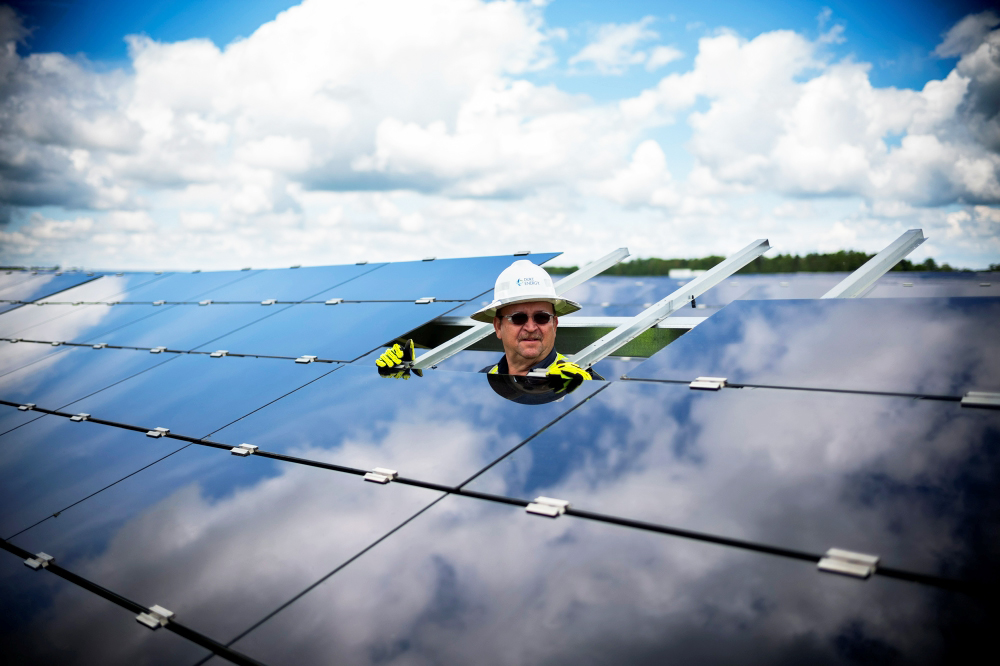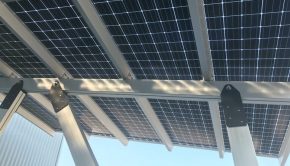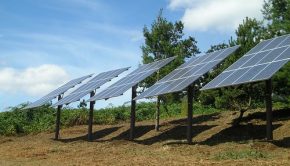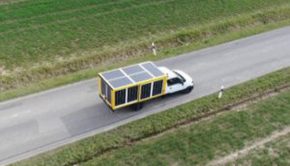Duke Energy and solar industry agree on solar interconnection reform –
Duke Energy and solar industry agree on solar interconnection reform –

A pair of agreements have been
reached between Duke Energy and third-party solar developers as well as
industry organizations to create a pathway for more solar energy in the
Carolinas.
“These agreements continue to
advance renewable energy in the Carolinas,” said Stephen De May, Duke Energy’s
North Carolina president. “Collaborative engagement was key to taking this
important step forward.”
First, Duke Energy and most of
the major solar industry developers in North Carolina and South Carolina
have agreed
to a defined process and timeline by which a substantial additional
amount of solar generation will be interconnected to the Duke Energy
distribution system.
Solar projects totaling several
hundred megawatts (MW) will be targeted for completion in 2021 and 2022 (in
addition to those projects already in process). The parties also agreed to
resolve several long-standing formal and informal interconnection disputes.
The parties have filed notice
of the settlement with the N.C. Utilities Commission (NCUC) and the Public
Service Commission of S.C. (SCPSC) requesting regulatory approval of certain
limited waivers necessary to implement the agreement.
“We’re very pleased to have
reached this agreement with Duke Energy,” said Steve Levitas, senior vice
president for Strategic Initiatives at Pine Gate Renewables, a utility-scale
solar developer based in Asheville, N.C.
Queue reform
Duke Energy also announced that
it has reached
a resolution with the North Carolina Clean Energy Business Alliance
and the North Carolina Sustainable Energy Association to implement a
fundamental change to the interconnection process.
This change – commonly referred
to as “queue reform” – transitions the interconnection process from analyzing
each request one by one to a more efficient process of studying interconnection
requests in clusters.
The cluster study method has
been adopted by several states and system operators around the nation and
provides a more predictable path to interconnection – studying only those
projects that are committed to becoming operational within a certain period.
This new study process will
eliminate the backlog that was created when “ready” projects were delayed while
the utility studied sometimes speculative projects that were in a higher spot
in the utility interconnection queue. The result was a slower process for all.
Queue reform has been under
development in the Carolinas for more than a year and is the product of a broad
stakeholder process that resulted in the consensus approach.
Implementation of queue reform
will require approval by the NCUC, SCPSC and the Federal Energy Regulatory
Commission. Also included in the filing was a proposal to provide more
certainty regarding future interconnection costs for third parties.
The settlement only involves
utility-scale solar facilities and not residential solar owners. Duke Energy
has more than 25,000 rooftop solar customers in the Carolinas and continues to
see healthy and steady growth in that sector along with a quick and efficient
interconnection process.









